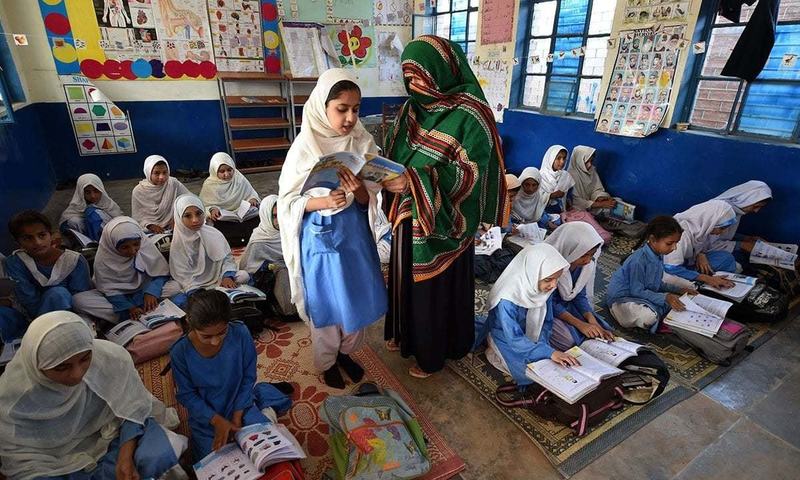Zarmina Bibi’s Story: Overcoming Challenges in Pashtun Society

Zarmina Bibi (not her real name), from a remote area of Swat Valley in Pakistan, works in a government department. Despite coming from a family where education for girls was discouraged, Zarmina has carved her own path through hard work and perseverance.
Zarmina holds an MPhil degree. However, she describes her and her sisters’ experiences as being filled with restrictions on education and personal growth compared to their brothers. Overcoming societal barriers, Zarmina passed her matriculation exams from the village government school. She then pleaded with her family to allow her to pursue intermediate studies and subsequently a Master’s degree. Throughout her academic journey, she constantly assured her family that her pursuits wouldn’t bring shame to them.
Zarmina recounts feeling neglected throughout her childhood. Yet, this discrimination couldn’t dampen her spirit. She achieved higher education and now leads a fulfilling life.
Disparity Between Sons and Daughters in Pashtun Society
Akbar Khan, the Vice Chairman of the Human Rights Commission of Pakistan’s KP Chapter, acknowledges the deep-rooted nature of gender discrimination in Pashtun society. He confirms that sons have traditionally been favored for centuries. While modern influences are gradually impacting Pashtun society, the pace of change is slow. However, positive differences are starting to emerge in various aspects of life, including education, politics, and social spheres.
Khan emphasizes the importance of self-belief and perseverance for girls advocating for gender equality and their own rights. He encourages them to seize existing opportunities, no matter how small.
Shad Begum, a women’s rights activist, agrees that the gap between sons and daughters has narrowed slightly. However, the cultural preference for sons persists. This is evident in girls being educated only up to primary school, while boys are sent abroad for higher education.
Another concerning issue highlighted by Begum is the denial of inheritance rights for daughters. Additionally, harmful practices like “swara” are inflicted upon girls, and “honor killings” remain a threat.
Begum stresses that gender inequality permeates various aspects of life in Pashtun society, ranging from homes to communities and state institutions. Girls may be restricted from pursuing education beyond primary school due to lack of family support and educational facilities. Even when allowed to study, they are often limited to specific fields like education or medicine. Public transportation lacks female-friendly options, and workplaces often lack designated spaces for women. Consequently, women lack equal rights throughout various spheres of life.
Begum criticizes the inadequacy of women’s inclusion in development projects. For instance, surveys may not account for women’s needs or representation, and development projects may overlook women entirely. This reflects the broader societal disparity between sons and daughters.
Efforts for Change and the Importance of Gender Equality
While Imran Takar, a child rights activist, acknowledges progress in Pashtun society due to education and awareness, he agrees that traditional mindsets persist, favoring sons over daughters. Takar estimates the gender gap to be more than 50%, manifesting in areas like property inheritance. He highlights that despite educational advancements up to intermediate levels, girls continue to face discrimination throughout their lives.
Takar emphasizes that women constitute half the population and are instrumental in societal progress, just like the two wheels of a car. A society cannot be successful if only men are educated and empowered. Excluding daughters from opportunities not only deprives them of basic human rights but also contradicts Islamic teachings.
Maulana Dr. Qasim Mahmood emphasizes that Islam uplifts the status of women. Before Islam, girls and women faced oppression. However, the Quran mandates inheritance rights for daughters and sisters. Prophet Muhammad (PBUH) emphasized the importance of nurturing and educating girls. Societies that prioritize sons over daughters go against Islamic principles.






